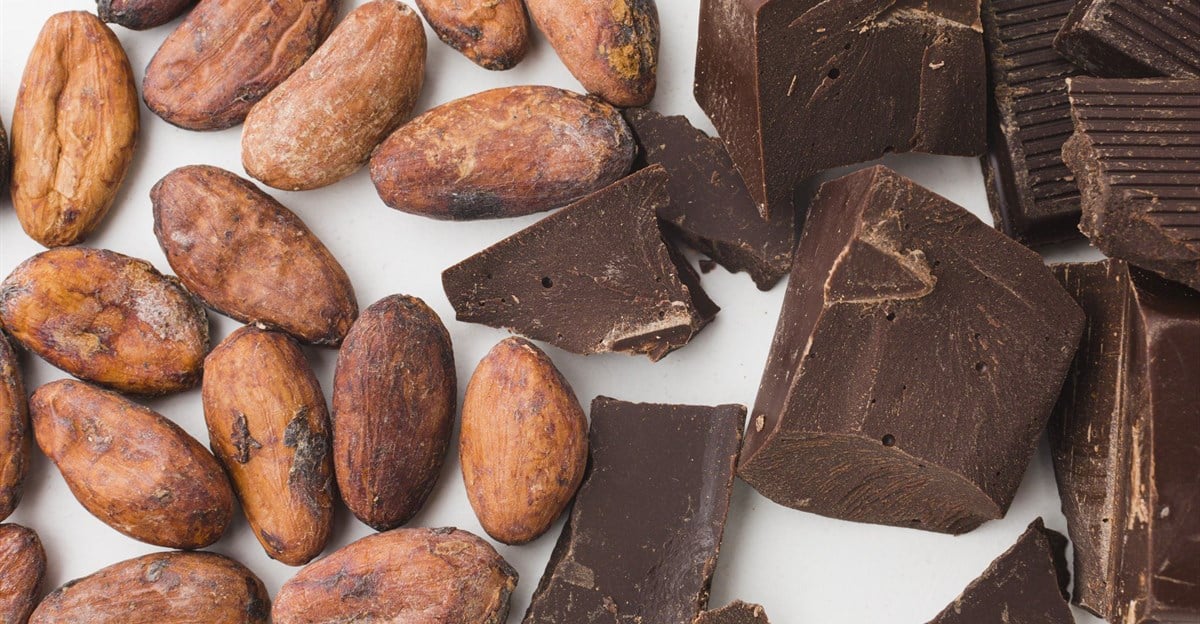
Chocolate Day: Africa's Leading Cocoa Producers Shine Globally As chocolate enthusiasts worldwide celebrate World Chocolate Day on July 7, it's a fitting occasion to highlight the countries that dominate cocoa production. Known for its irresistible allure and universal popularity, chocolate is a product of significant global demand, with certain nations leading the charge in its production. Among these, West African countries stand out prominently due to their ideal climate and rich history in cocoa cultivation. The list of top cocoa producers, based on the latest data from the International Cocoa Organization for the 2022/2023 season, is led by African nations. Here’s an overview of the leading cocoa-producing countries and their respective outputs: Côte d'Ivoire, often referred to as the Ivory Coast, holds the prestigious position as the world's largest cocoa producer. This West African nation boasts an impressive output of approximately 2.23 million tonnes of cocoa. Following closely is Ghana, another West African powerhouse, producing around 1.11 million tonnes of cocoa. Ghana's cocoa is renowned for its high quality, contributing significantly to the global chocolate industry. Indonesia ranks third, with an annual production of about 667,296 tonnes. Indonesia's unique cocoa varieties and commitment to expanding its agricultural horizons make it a notable contender in the global market. Ecuador secures the fourth spot with a production of approximately 337,149 tonnes. While not an African country, Ecuador's contribution to the cocoa market is noteworthy, thanks to its unique flavor profile that chocolate connoisseurs appreciate. Cameroon, yet another West African country, ranks fifth with a production of approximately 300,000 tonnes. Its cocoa sector continues to grow, bolstered by efforts to improve farming techniques and sustainability. Nigeria follows as the sixth-largest cocoa producer, contributing around 280,000 tonnes. Nigerian cocoa is a critical part of the country's agricultural sector and economy. Brazil, a major player in the global agricultural market, ranks seventh with a cocoa production of about 273,873 tonnes. Brazil's diverse climate and dedicated farming practices ensure its steady contribution to the cocoa industry. Peru is eighth on the list, producing roughly 171,177 tonnes of cocoa. Peru’s growing cocoa sector is becoming increasingly important on the global stage. The Dominican Republic follows in ninth place, with an output of about 75,900 tonnes. This Caribbean nation is known for its fine-flavor cocoa, which is highly prized by chocolate makers. Colombia rounds out the top ten, with an annual production of approximately 62,158 tonnes. Colombia's cocoa sector is growing, supported by efforts to promote sustainable farming practices. These countries collectively underscore the importance of cocoa in the global agricultural landscape. As the world celebrates the joy of chocolate, recognizing the efforts and contributions of these leading producers adds a deeper appreciation for the journey from cocoa bean to chocolate bar.



